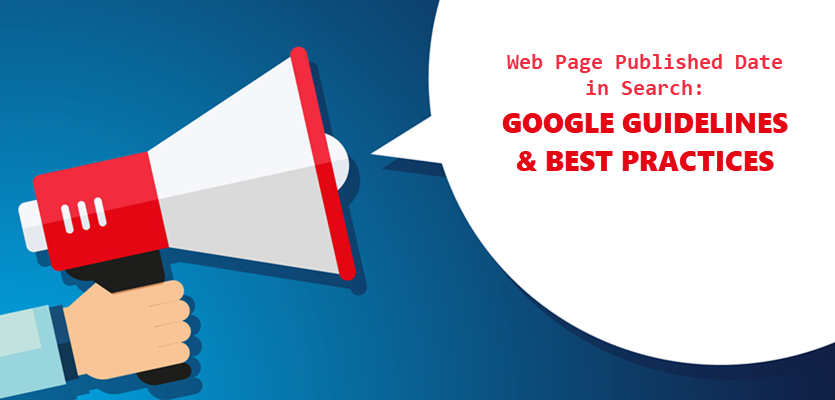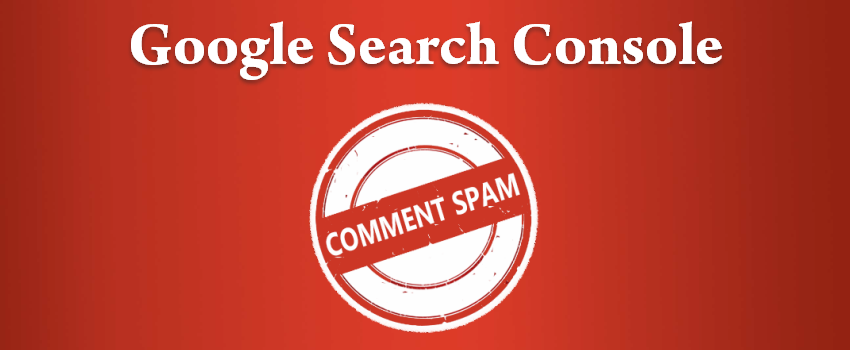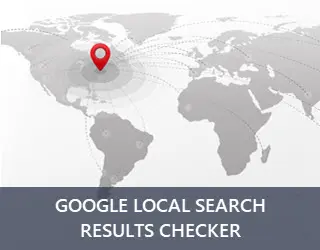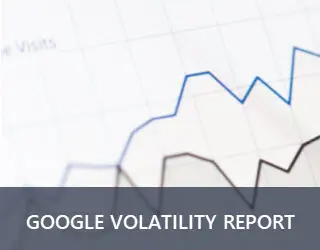Web Page Published Date in Search: Google Guidelines & Best Practices
Posted On : March 13th, 2019 By : Diptimayee Mohanty To : Google UpdatePublishers want Google to show the date &/or time when their page was published or updated in search results. Even they use structured data. But many times, Google doesn’t show the date or shows wrong date in search results.
Most of the times, it happens due to wrong way of presenting the date & time in incorrect format.
To avoid such issues, Google has recently posted a detailed guidelines & best practices on its Webmaster Central Blog.
When Google Shows Date of a Web Page in Search Results
Some posts are time-sensitive like news articles or editorials on recent events. Sometimes, users are equally interested to know the date of a content when it was published as much as they are interested to read the content. Google doesn’t want to provide outdated data or content that doesn’t satisfy the context of a query.
When Google sees such a query, its automated system takes the decision whether it would be relevant to show the date/time of the page or not.
How Google Extract Date of a Web Page
Google doesn’t depend on a single factor to determine the date of a web page when it was published. Google reasons that each such factor may be prone to issues. Sometimes publishers don’t give clear visible date. Sometimes, relevant structured data is missing or wrongly used like time zone is not adjusted correctly.
So, Google prefers to take several factors to determine the date of a web page. It includes date mentioned prominently in a page. Or, when structured data for page date is properly used with correct time zone. Even it takes the date present in title or URL of a page.
How to & Best Practices to Specify Date on a Page
- Show the date prominently on the page.
- Use datePublished & dateModified schema with proper time zone designator for both AMP & non-AMP pages.
- Use ISO 8601 format for dates.
- If the content of a page is updated significantly, date should be updated.
- Both date; date when the original content was published and when it was updated, can be placed but both should be visually clear to readers.
- If you want to mention the time (as in news articles), it should be used with correct time zone.
- Specify the same date &/or time both in visible part & structured data on the same page.
- Don’t use future dates. Sometimes, a page is created for a future event. The publisher might think to use the event date as published date of the page. To avoid such confusion, Google suggests to use event markup.
- Follow Google’s Structured Data Guidelines to avoid any error that may result in missing date in search results.
- Avoid using multiple dates in a page if Google is showing wrong date in search results. Sometimes, a page has dates for previous or next stories/articles. This may confuse Google and hence should be avoided.
Date Guidelines for Google News
- Google picks news articles differently than a regular page. For news, both date & time when the article was published should be placed clearly.
- Structured data with correct time zone should be used.
- The date & time should be placed between the headlines & the article text.
- Some events like election are associated with continuous development. Also, there is every possibility that new stories keep surfacing for a past event.
- In such cases, you can update the news article with fresh date & time. But don’t do this with minor updates in the article.
- Some publishers try to trick Google by adding insignificant data with current date & time. They delete the old page and redirect the old one to this new one.
- This violates Google guidelines and it may result in removal of your content from Google news.
Always follow the Google guidelines to avoid any confusion. Use specified date & time format with proper structured data to ensure Google will show it in the search result.
- Do SEOs Need To Know HTML? - December 20, 2021
- How To Find Attribution-Free Music For Your Videos? - September 20, 2021
- OpenAI Codex – Future Of Software Development In Automation - August 12, 2021









